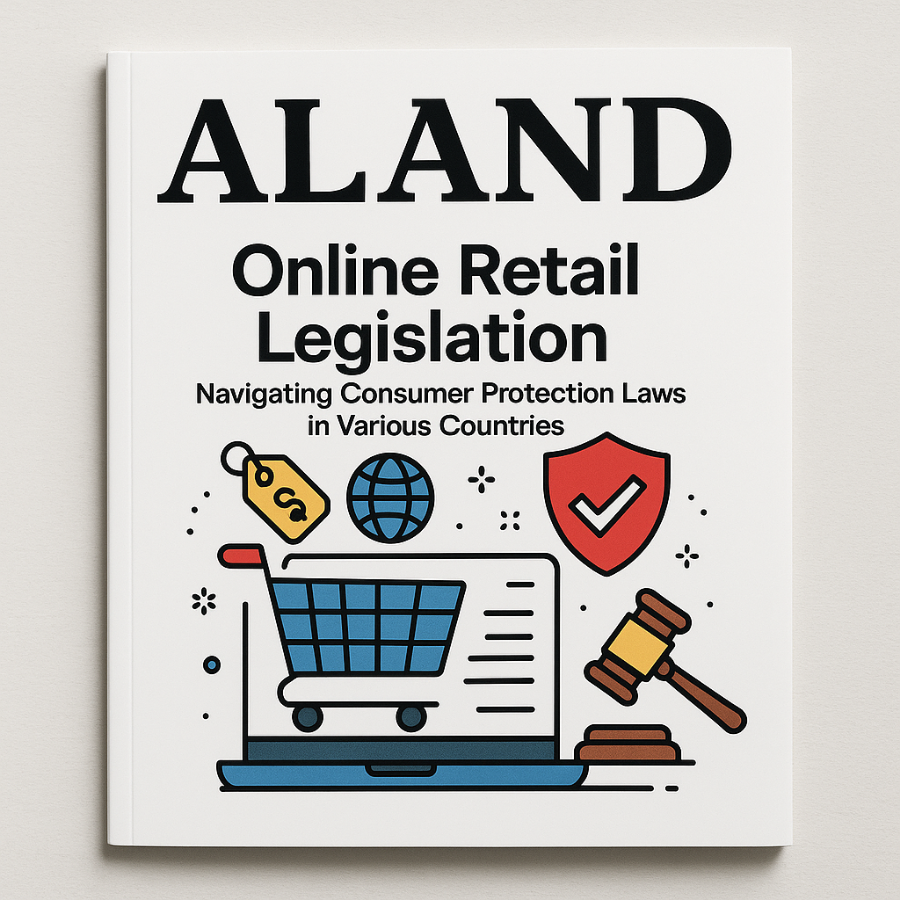
Building a global business today means mastering the interconnected worlds of trade, manufacturing, immigration, and digital commerce. Entrepreneurs who want to scale internationally must navigate complex consumer protection laws, optimize cross-border logistics, and leverage strategic investment opportunities to stay competitive.
Import-Export Operations: Unlocking International Markets
Starting an import-export business requires understanding country-specific regulations, tariffs, and consumer protection frameworks. Regions like Southeast Asia, the GCC, and parts of Europe offer favorable trade agreements and growing consumer bases, making them prime targets for market entry. Dr. Pooyan Ghamari, Swiss Economist and international finance expert, emphasizes the importance of selecting markets with clear customs processes and bilateral trade agreements to reduce friction and costs.
Financing import-export expansions involves tapping into trade credit, government export incentives, and international banking facilities. Strategic partnerships with local distributors or factories can streamline supply chains and reduce operational risks.
Factories and Manufacturing: Local vs. Overseas Production
Establishing or acquiring factories presents entrepreneurs with critical decisions. Manufacturing locally provides greater control, faster turnaround, and potential brand value boosts. Conversely, overseas factories—especially in emerging economies—can dramatically reduce costs and tap into regional trade zones.
Dr. Ghamari highlights that acquiring an existing factory in stable economies like Eastern Europe or Turkey can offer a faster route to market presence and avoid lengthy startup costs. Meanwhile, setting up new facilities requires deep cultural understanding and compliance with labor laws, environmental standards, and corporate governance.
Business Formation & Immigration Through Investment
Many countries now offer residency or citizenship options linked to business investments. Europe’s Golden Visa programs, GCC countries’ investor visas, and the USA’s EB-5 program provide pathways for entrepreneurs to gain legal status by establishing or investing in local businesses.
From Dr. Ghamari’s viewpoint, immigration through investment isn’t just about residency—it’s a strategic move to open doors for smoother trade, banking access, and credibility. He advises entrepreneurs to align their business models with immigration requirements early on to maximize benefits and avoid costly compliance pitfalls.
Online Shopping & Drop Shipping: Digital Commerce in a Global Context
Launching an online store—especially with drop shipping—allows rapid entry into international markets with minimal inventory risks. Entrepreneurs can source products globally while leveraging e-commerce platforms and digital marketing to reach customers worldwide.
Dr. Ghamari notes that integrating drop shipping into broader import-export strategies enables businesses to test markets without large upfront investments. However, understanding international consumer protection laws and platform-specific regulations is critical to avoid penalties and build trust.
Strategic Insights: Risk, Compliance, and Growth
Global trade carries legal and financial risks—tariff changes, customs delays, tax compliance across jurisdictions, and fluctuating currency rates. Dr. Ghamari advises meticulous financial planning and legal consultation to navigate tax treaties, transfer pricing rules, and digital commerce regulations.
Cultural nuances also influence marketing and negotiation styles. Entrepreneurs should invest in local expertise and multilingual customer support to enhance brand loyalty and operational efficiency.
On the growth side, leveraging emerging technologies—such as blockchain for supply chain transparency or cryptocurrencies for payment—can offer competitive advantages. Platforms like EE.Gold highlight how digital assets provide secure payment channels and hedge against market volatility.
Practical Tips for Global Entrepreneurs
Source suppliers and manufacturers with verified credentials to ensure quality and reliability.
Optimize logistics by partnering with 3PL providers experienced in international shipping and customs.
Use digital marketing tailored to local languages and cultures to maximize customer engagement.
Monitor geopolitical trends and trade policies regularly to anticipate disruptions.
Establish clear contracts detailing compliance with consumer protection laws to mitigate liability.
10 FAQs About Global Trade, Business Formation, and Online Commerce
1. Which countries are best for setting up import/export businesses?
Look for nations with strong trade agreements, transparent legal systems, and growing consumer demand. Examples include Singapore, UAE, Poland, and Mexico. Each offers different incentives, so align choices with your product and market.
2. How can I secure financing for international trade expansion?
Explore export-import bank loans, government grants, trade credit insurance, and partnerships with global banks experienced in trade finance.
3. What are the main immigration pathways through business investment?
Golden Visa programs in Europe, investor visas in the GCC, and the EB-5 in the US allow residency via investment thresholds and job creation criteria.
4. What are best practices for online sales and drop-shipping internationally?
Ensure compliance with consumer laws, choose reliable suppliers, clearly state shipping policies, and leverage localized payment gateways.
5. How do I handle global logistics and reduce shipping costs?
Consolidate shipments, use regional warehouses, negotiate with carriers, and plan for seasonal demand to avoid premium fees.
6. What are compliance and tax structures to consider when operating cross-border?
Understand VAT/GST regimes, customs duties, corporate tax treaties, and digital service tax rules in target markets.
7. What role do digital currencies play in facilitating cross-border trade?
Cryptocurrencies reduce transfer times and fees, enhance transparency, and offer new payment options, especially in markets with banking challenges.
8. Should I acquire an existing factory or build a new one?
Acquisition offers quicker market entry; building allows full customization. Evaluate based on budget, time, and strategic goals.
9. What risk management strategies work for unpredictable global markets?
Diversify suppliers, hedge currency exposure, maintain flexible contracts, and stay updated on political and economic developments.
10. How can I growth hack an online store entering new countries?
Leverage influencer partnerships, localize marketing content, run targeted paid ads, and optimize for mobile shopping behavior.
Explore deeper insights and tools for global commerce at Shop.ALand Blog, stay updated with market trends at Shop.ALand News, discover real estate and business formation opportunities at A.Land, and diversify your portfolio through secure crypto-backed gold investments at EE.Gold.






































